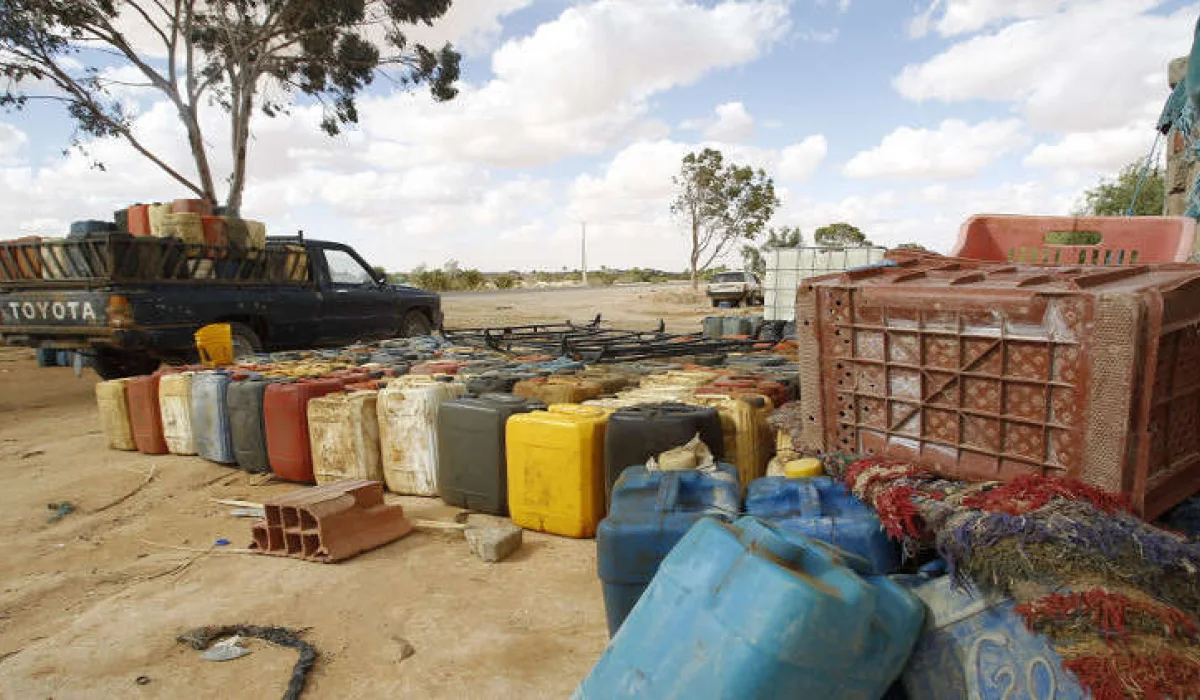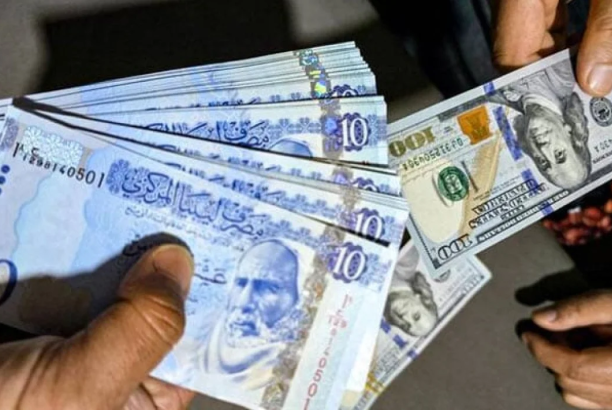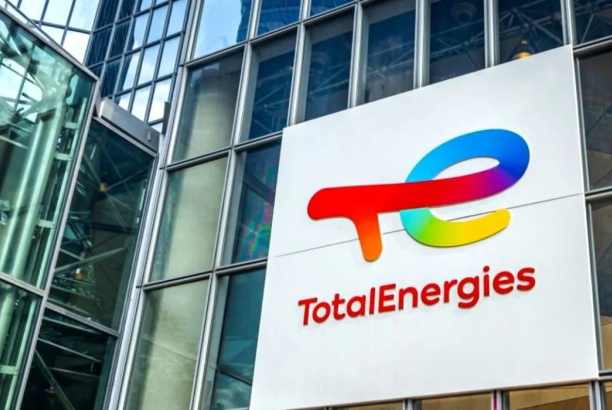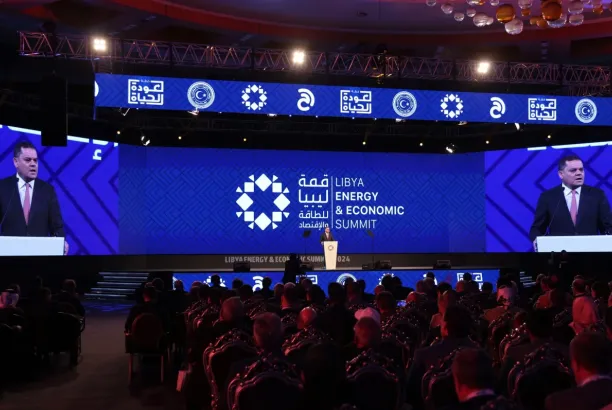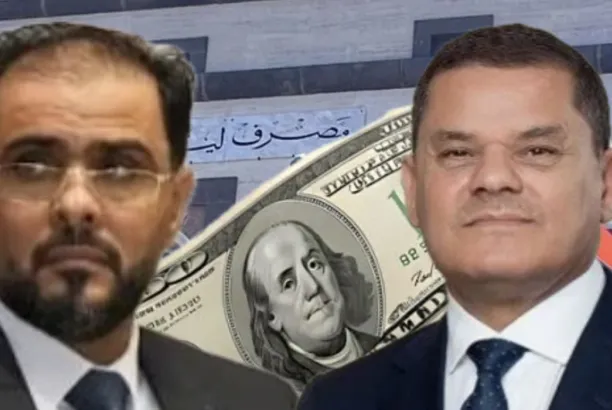The World Bank has revealed in a report that Libya introduced its subsidy program in 1971, covering essential food products, energy, public services such as water and sanitation, education, medicines, and animal feed. The program aimed to set affordable prices for basic consumer goods and shield consumers from global price shocks.
The report noted an attempted reform of the subsidy system between 2005 and 2010, which failed before the 2011 uprising. The subsidy system continues to burden the state budget significantly.
The World Bank confirmed that subsidies and controlled prices in Libya are integral to the social contract, representing an average of 9.3% of the GDP during 2015–2023, according to the budget of the Government of National Unity. However, Libya’s subsidy system is highly inefficient, with a significant portion of subsidized fuel smuggled to neighboring countries. The estimated fuel smuggling amounts to no less than $5 billion annually. Given Libya’s limited refining capacity, the country imports or “trades” fuel and sells it at subsidized prices.
According to the World Bank, Libya has increased fuel imports from Russia, particularly since February 2023, following the EU’s ban on Russian petroleum products. Libya ranks as the third-largest buyer of Russian diesel globally and the largest in the Arab world. Moreover, fuel smuggling from Benghazi port has reportedly surged significantly since the onset of the war in Ukraine.
Beyond the substantial financial costs, smuggling subsidized fuel also contributes to domestic shortages. At a subsidized price of 0.15 Libyan dinars per liter, Libya has the second cheapest fuel globally after Iran. However, fuel shortages frequently occur in the south, where prices in the parallel market can reach up to 7 dinars per liter when fuel is available. Discussions about subsidy reform are ongoing, with the most recent being in January 2024, when the Government of National Unity announced plans to replace fuel subsidies with cash transfers. However, reforming the social rent system and redistributing wealth remains challenging for a government grappling with political instability and limited authority and representation.
The World Bank emphasized that subsidy reforms in Libya must be accompanied by adequate cash transfers. A study conducted by the World Bank on subsidy reforms highlights that subsidies for gasoline and electricity—accounting for over 90% of household energy consumption and the same proportion of government spending on subsidies—decline sharply in absolute terms. On average, each individual benefits 3.5 times more from energy subsidies than from subsidies on electricity and gasoline combined, according to the World Bank.


